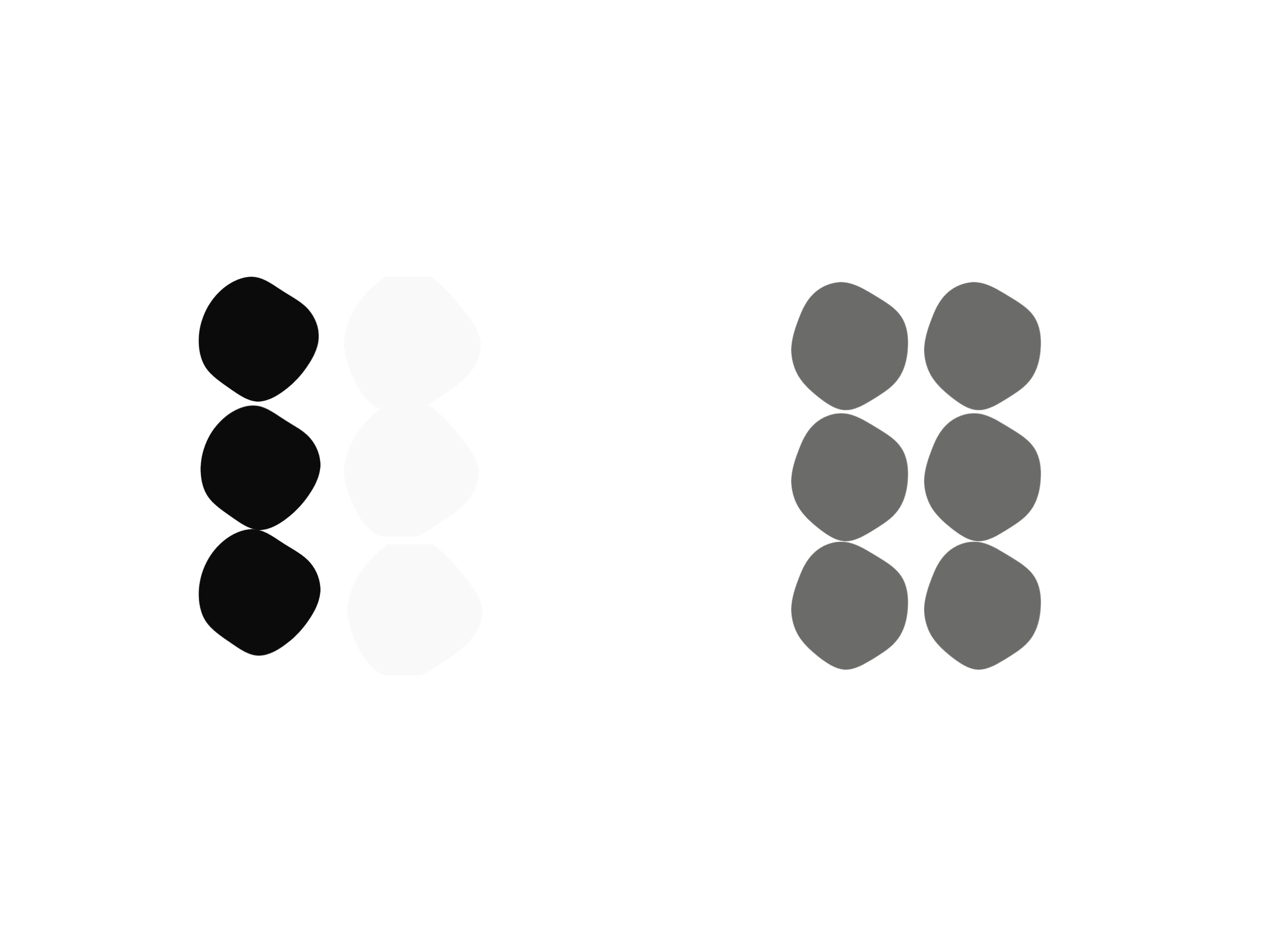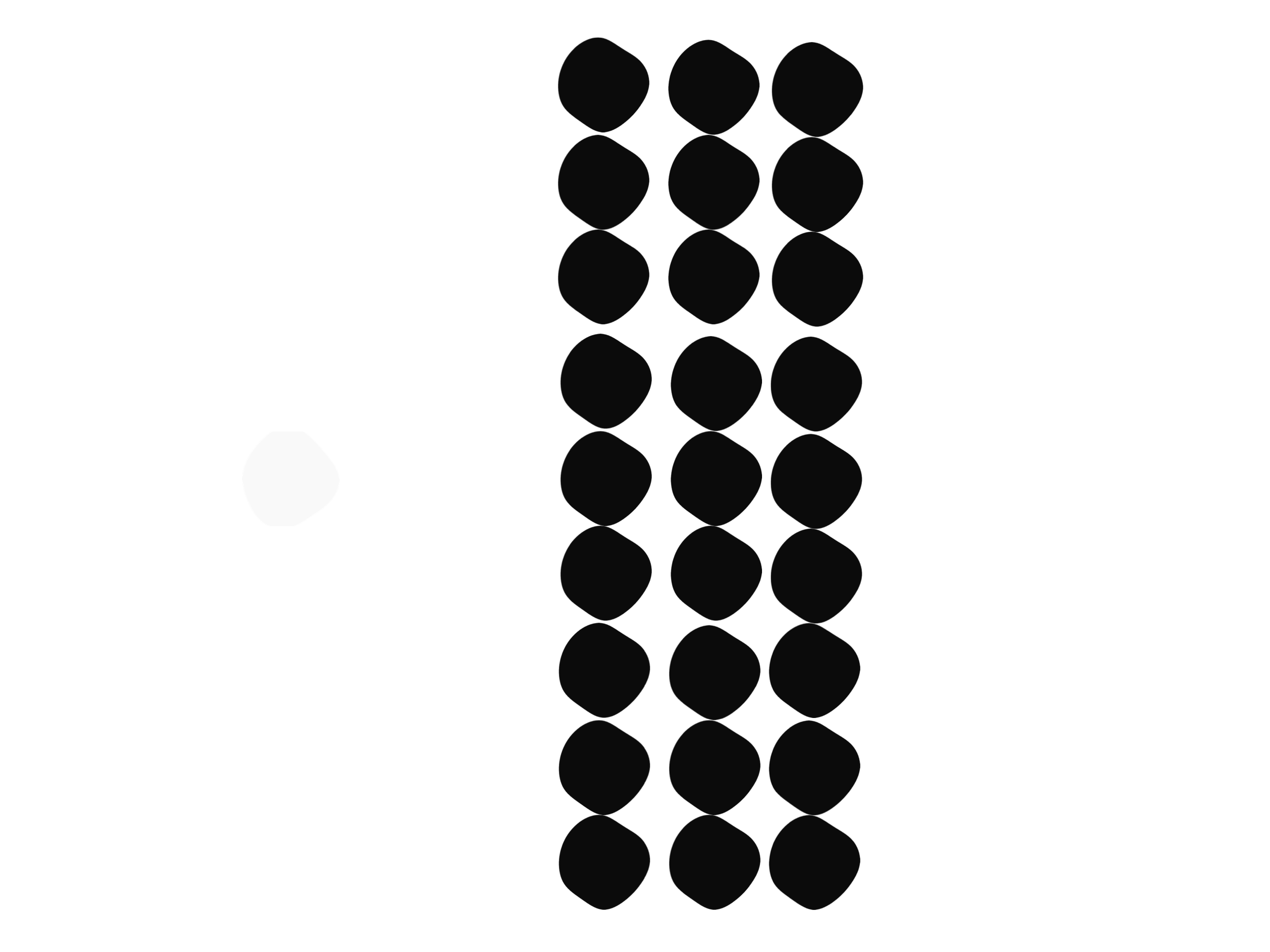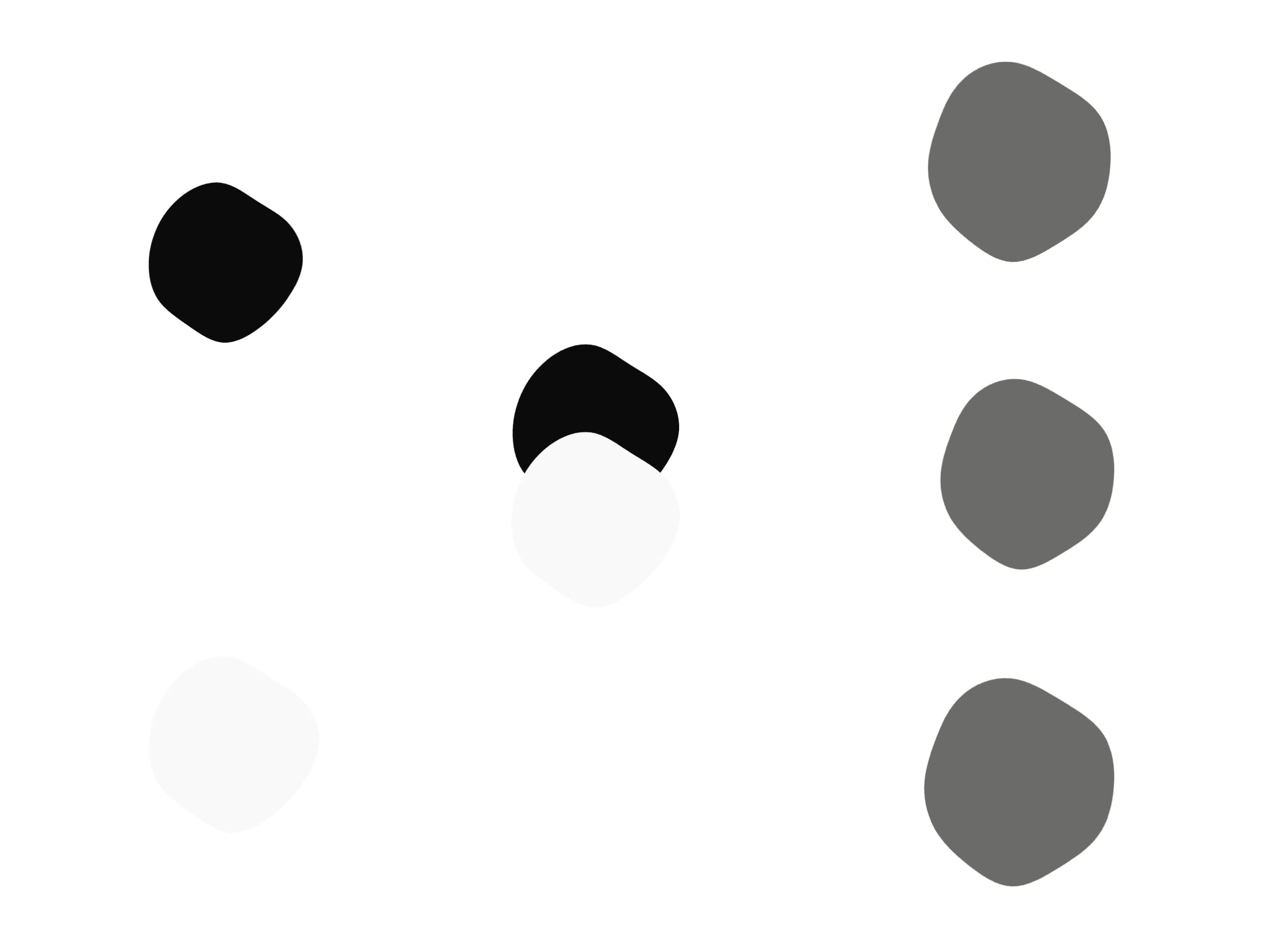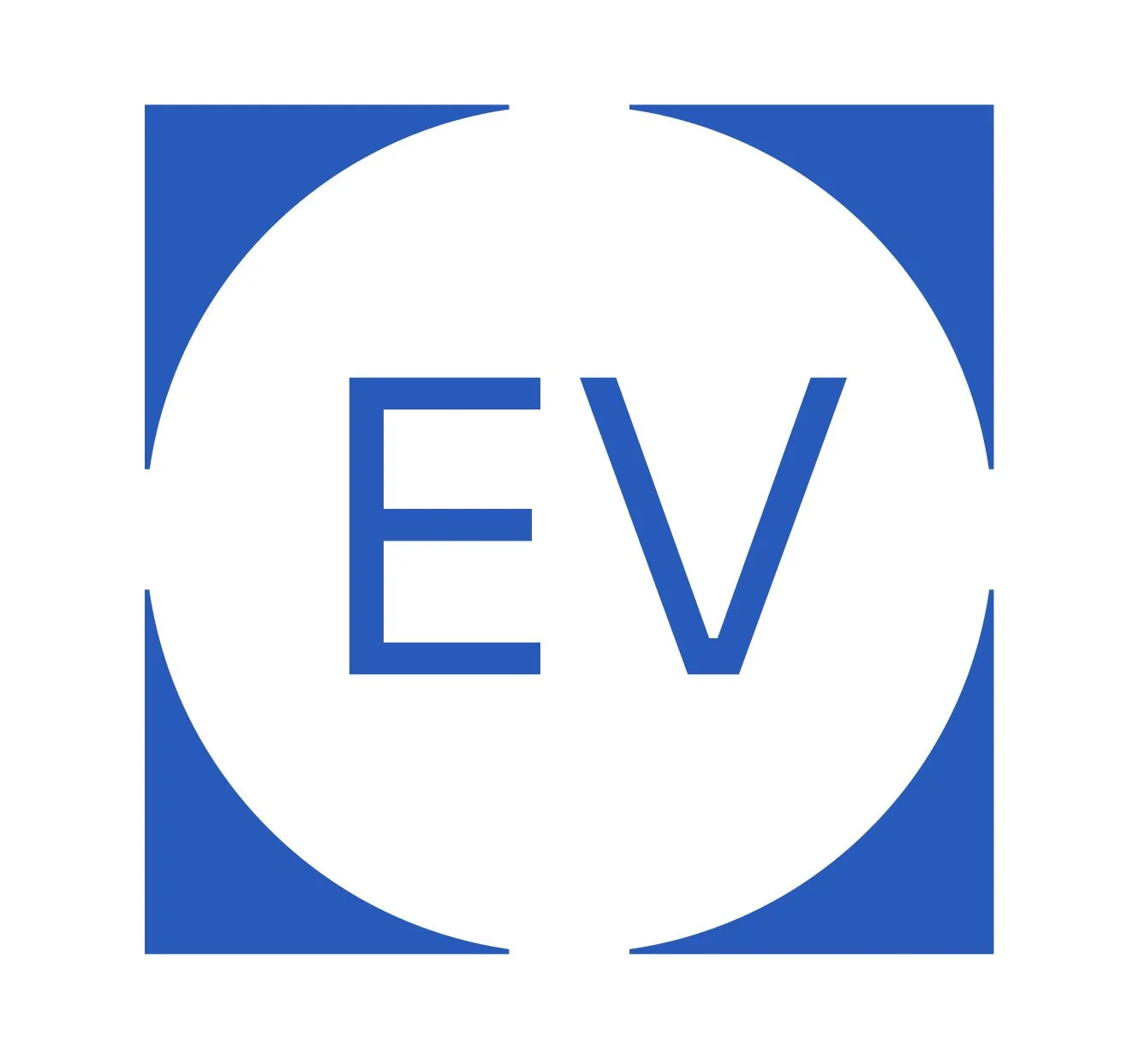Artificial Process Outsourcing
WHY THIS MATTERSThe research program "Artificial Process Outsourcing: Augmentation, Automation, and Global Impacts" is led by Dr. Brian Jabarian in a five-year collaboration with PSG Global Solutions, a subsidiary of Teleperformance signed in July 2024.
A key underestimated channel through which emergent technologies will transform the economy is in high-volume markets, where entire value chains of repetitive and quantifiable tasks are already being automated end-to-end with cooperating artificial agents and augmented by human-in-the-loop expertise. Working daily with firms reveals pressing infrastructural, organizational, and behavioral challenges that must be tackled now. These questions remain open but require large-scale, causal evidence to inform evidence-based firm strategies and policy for the transition toward more advanced AI systems, ensuring they are developed for the benefit of humans, rather than at their expense.
The program embeds theory-driven natural field experiments in the recruitment process outsourcing (RPO) and business process outsourcing (BPO) sector, linking randomized treatments to real-world outcomes across millions of job applicants to transform the sector towards Artificial Process Outsourcing (APO).
Antony Avram, Artificial Agents Coming Together, 2025
RESEARCH PROGRAM-
Routing & Autonomy
How should applicants be allocated between AI and human interviewers to maximize skill-adjusted hires, firm surplus, fairness, and candidate agency?Information Integrity
Can real-time multimodal fraud detection keep deepfakes, synthetic voices, and sensitive-attribute leakage under control without harming conversion or equity?Welfare Distribution & Regulation
How are gains distributed between firms and workers? What disclosure and audit regimes secure public trust?Workflow Augmentation-Automation
Which recruitment funnel stages should be automated first, and how do compound automation effects reshape cost-per-hire, time-to-hire, human-in-the-loop tasks and carbon footprint?Contracts, Trade & Markets
How do reskilling, new incentives, and gig platforms (e.g., AgentsOnly) reshape recruiter performance, contracts, wage dispersion, and global talent flows? -
Our team embeds theory-driven natural AI field experiments directly into live RPO/BPO operations worldwide.
Large-Scale: at least a 100K but up to 5 million+ job applicants present in our experiments.
Linked outcomes: offers, wages, retention, recruiter productivity, applicant satisfaction, and downstream client performance.
Unified infrastructure: randomization and causal inference at an industrial scale, with immediate firm strategic and welfare policy relevance.
-
Voice AI in Firms (with Luca Henkel)
70,000 applicants randomized between AI and human interviewers.
AI interviews captured richer information, raised offer rates, and improved one-month retention.
Applicants consistently chose the AI interviewer (78%) when given the option.
Recruiters rated AI transcripts favorably, though they leaned more on standardized tests when reviewing them.
-
Current and upcoming projects include:
Screening Labor with AI and Humans: Optimal Choice and Welfare (with Pëllumb Rešhidi)
Human–AI Learning: Theory and Field Evidence from Job Interviews (with Andrew Koh)
Automated Recruitment Evaluation (benchmarking human vs. multimodal AI prediction)
Next focus areas:
Fraud detection pipelines (deepfakes, identity spoofing, multimodal security).
Gig-economy staffing models and contract design (AgentsOnly).
General equilibrium effects on wages and talent flows across BPO hubs.
Hybrid AI–human workflows (“AI-first, human-escalation” designs).
-
This research program goes beyond traditional AI studies by:
Randomizing live stages of business pipelines
Linking every stage of the RPO/BPO pipeline (not just prediction tasks).
Embedding dynamic human integration rules based on real-time uncertainty.
Incorporating security-conversion layers (multimodal fraud detection).
Operating at global industrial scale, with outcomes tracked to wages, retention, recruiter effort, and applicant satisfaction.
-
Formal DUA enabled by the University of Chicago Booth Business School and PSG Global Solutions, ensuring publication rights prior any data collection.
Original DUA signed July 2024, renewed for 5 years (2025–2030).
Dr. Jabarian became Chief Economist at PSG in an unpaid advisory role in August 2025 to lead this new 5-year program
All field experiments are pre-registered on AEA RCT Registry
All field experiments are IRB-approved at the University of Chicago Booth Business School.
Data stored and analyzed in our secure Booth Google Cloud Platform, established through a cloud partnership with Google.
TEAM MEMBERS-
Brian Jabarian
Principal Investigator
Brian is the Howard & Nancy Marks Fellow at the University of Chicago Booth School of Business
-
Luca Henkel
Co-Author
Luca is an Assistant Professor of Finance at the Erasmus School of Economics. -
Pellumb Reshidi
Co-Author
Pellumb is an Assistant Professor of Economics at Florida State University.
-
Andrew Koh
Co-Author
Andrew is a Ph.D. Candidate in Economics at MIT.
-
Ruru Hoong
Co-Author
Ruru is a Ph.D. Candidate in Business Economics at Harvard Business School
-
Eugenio Piga
Co-Author
Eugenio is a Ph.D. Student in Economics at UCSD.
-
Mariya Pominova
Co-Author
Mariya is a Ph.D. Candidate in Economics at Duke University.
-
Bernard Chen
Research Assistant
Undergraduate Student, University of Chicago
-
Marco Di Giacomo
Research Assistant
-
Shubhaankar Gupta
Research Assistant
Undergraduate Student, University of Chicago
-
Andrew James
Research Assistant
Master Student, University of Chicago
-
Ziyue Feng
Research Assistant
-
Rishane Dassanyake
Research Assistant
OUR FIRM PARTNEROUR FUNDERS


















